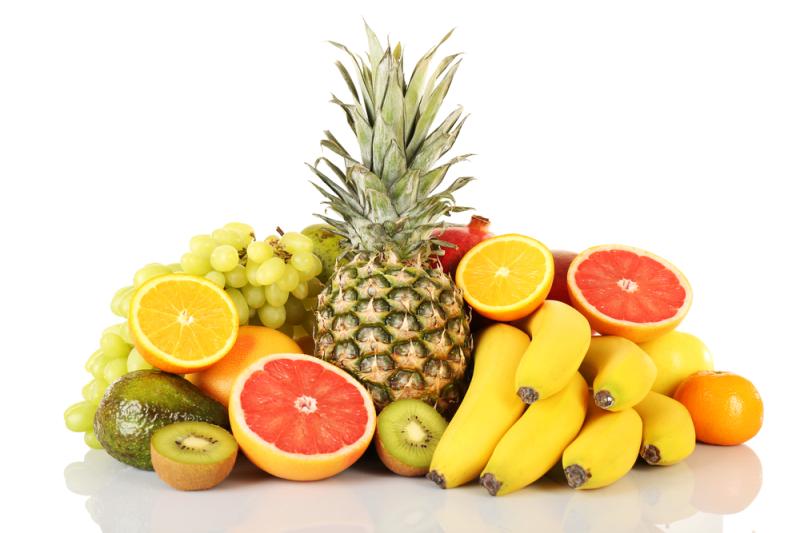
Eating fruits helps reduce systolic and diastolic blood pressure (BP), a study suggests. However, there appears to be no consistent association between fruit and vegetable consumption and BP trajectories in older age.
Researchers retrieved the dietary data of 8,997 men and women in the Health, Alcohol and Psychosocial Factors in Eastern Europe prospective cohort study. They measured BP at three time points over 12 years of follow-up, during which time the mean age of the population increased from 58 to 69 years.
Mean consumption of fruits was markedly lower than that of vegetables (152.5 vs 266.6 g/day). Women, nonsmokers, higher educated participants, and those who take antihypertensive medications or live with partners were more likely to consume greater amounts of fruits and vegetables. Alcohol intake correlated with fruit intake, while physical activity was inversely associated with vegetable consumption.
In mixed-effect multilevel models, fruit intake showed an inverse association with BP at baseline, with participants in the highest vs lowest intake tertile having a 3.5-mm Hg lower systolic (S)BP and 1.4-mm Hg lower diastolic (D)BP (p<0.001). However, the reductions did not translate to significant changes in BP over time (difference in annual SBP and DBP, 0.11 mm Hg; p=0.138 and 0.01 mm Hg; p=0.894, respectively).
There was no significant association between vegetable intake and BP, neither cross-sectionally nor longitudinally. Also, there were SBP increases and mostly steady DBP over age, with deceleration and downward turn after the ages of 55–59 years.